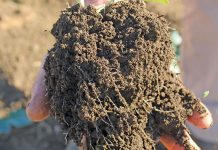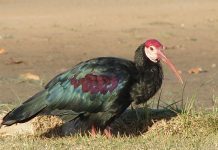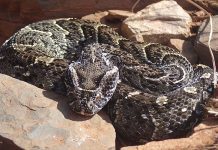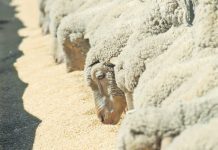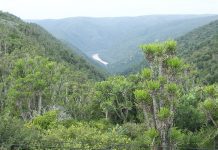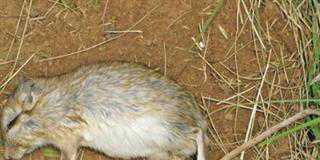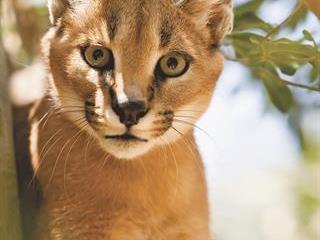
Anew study into the effectiveness of lethal and non-lethal caracal control measures could benefit small-stock farmers. It’s being conducted under practical farming conditions, rather than in nature reserves or game reserves. The study is led by Dr Dan Parker and Emma Smith of the Wildlife and Reserve Management Research Group, at Rhodes University’s zoology and entomology department in Grahamstown. It’s being conducted in high-altitude grassland with denser vegetation, near the rivers and drainage lines on three neighbouring farms near Tarkastad in the Eastern Cape’s Winterberg region.
Problems with current control measures
“We’d like to provide more sustainable and ecologically sound management plans to address human-predator conflict,” says Dr Parker. “Lethal control is the most popular method among many farmers as it’s the cheapest and most effective short-term solution. But recent research suggests it may not be the only effective method for managing predators. “Kraaling animals at night can reduce livestock losses. And guard animals like Anatolian Shepherd dogs and alpacas could also be an effective alternative to lethal control in some situations. There’s a lot speculation out there, but very little hard evidence in the form of published research to validate it. That’s where our research has a lot to offer the farming industry.” Another problem is finding reliable control methods that can be used by all farmers, regardless of socio-economic standing. “Small-scale livestock farmers who don’t have the infrastructure to protect their livestock from predators also need help,” says Dr Parker. “The Eastern Cape is one of South Africa’s poorest provinces, where most rural communities rely on small-scale livestock farming for their livelihoods.” So there’s a critical relationship between the area’s caracal populations and the impact on the economics of sheep farming, he says.
How the study works
Six caracal will be caught and fitted with GPS collars. Two animals will be collared on a farm that uses lethal control, two will be collared on a farm that employs non-lethal control (using alpacas) and two will be on a cattle farm with no predation management as the study’s control. By following the cats’ movements researchers can show which habitats the caracals prefer and how control methods affect the way they use space on farmland. “Also, by setting the collars to take eight GPS fixes per day, we’ll be able to locate any substantial kills, which would include sheep, and so measure which control method is more effective,” says Dr Parker. Caracal trapping across the three farms is in full swing. One of the two caracal required on the “lethal farm” has been fitted with a GPS collar and is already providing some interesting data. “He’s a relatively young male and appears to be moving over quite a large area. We’re waiting to see where he eventually maintains a territory,” says Dr Parker.
Dr Parker explains what will happen if a collared caracal moves onto a farm that’s not participating in the study. “If a collared cat is caught and killed – which is highly likely if it attacks sheep – we’ll trap and collar another one on the same farm. We can’t tell a farmer to leave it alone if it has a collar. That doesn’t make sense. The project is designed to deal with cat mortality.”The research is sponsored by Cape Wools SA and Rhodes University. “We’re also indebted to the farmers who have supported our research and have assisted with the design and logistics of the project,” says Dr Parker. “Special thanks go to Malcolm Phillips, Rowan Phillips, Andrew Pringle, Larry King and Mark King.”Contact Dr Dan Parker on 072 1790 020, or e-mail at [email protected]. |fw

